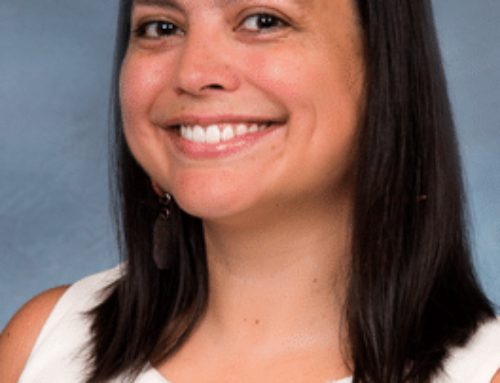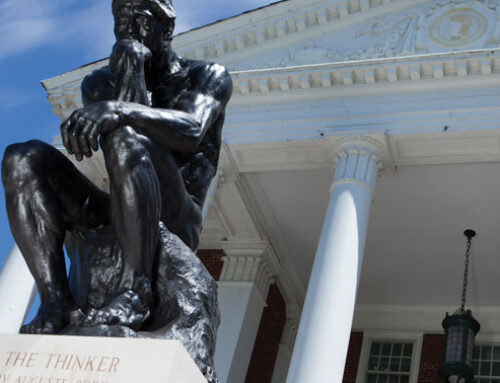By: Paige Brewer
I’ve recently bought an expensive camera I have no idea how to operate. I thought my iPhone camera would be sufficient, but after a month and a few weekend trips, I realized it’s not enough to capture the things I’m experiencing. Since September, I have been studying abroad in Krakόw, the second largest city in Poland. It’s a vibrant, fast-paced European city located in the southern region near the Slovakian border. Fresh bread stands, castles, and statues of Pope John Paul II litter the cobblestone streets; traditional restaurants, touristy boutiques and “cukiernie” (pastry shops) fill the multistoried, medieval-style buildings. Many travelers, especially Americans, usually don’t include Krakόw in their European itinerary among cities like Paris, London and Madrid. My program includes nine other American students, many of whom have come to connect with Polish roots and improve their language skills. Others like myself have come to eat pierogi, learn about the Holocaust and experience a more unconventional (and cheaper!) European city. We live in an apartment building and attend Jagiellonian University, founded in the fourteenth century and alma mater to the likes of Nicholas Copernicus. It has no main campus, and classes are located in various buildings around the city. Most of ours are held in the main square, or the “Rynek Głowny” in Polish. It is the largest medieval town square in Europe, and every day it teems with locals and tourists alike enjoying street performers and feeding pigeons. Classes are held in English with other European students. Most come from Germany, Spain, France and the UK, but I’ve met some from places varied as Denmark, Portugal and Lithuania. We learn about Polish history, the Holocaust, Jewish cinema, and of course, Polish language.“Dzién dobry, jak się pani ma?” Polish sounds a little like Russian, a little like German and uses a lot of “ch”, “sh” and “dz” sounds. More difficult than trying to pronounce words like “książka” and “wrzesien”, though, is operating in day-to-day life with the ever-present language barrier—a source of frequent embarrassment and miscommunication. Luckily, Krakόw is a city with plenty of British and American influence, and many Poles, especially young people, speak great English. Still, in a country proud of their culture and language, I would love to eventually conduct a simple conversation without admitting, “nie resumiem” – I don’t understand. But with words like “dziewięcdziesiąt” meaning something simple as “nineteen”, it definitely takes some time. Photos by Paige Brewer








